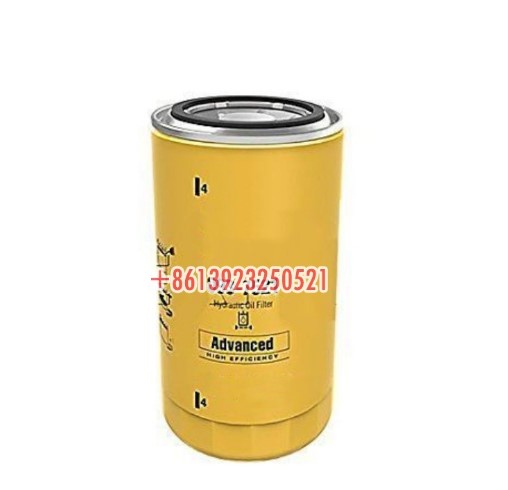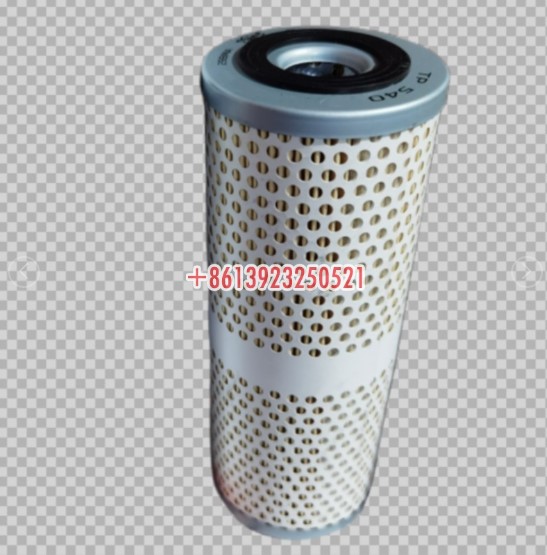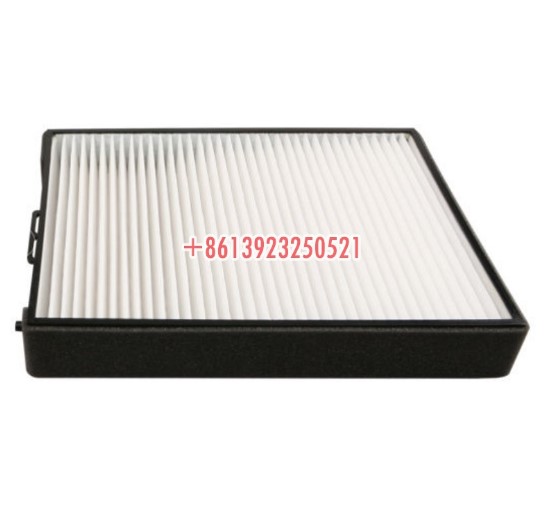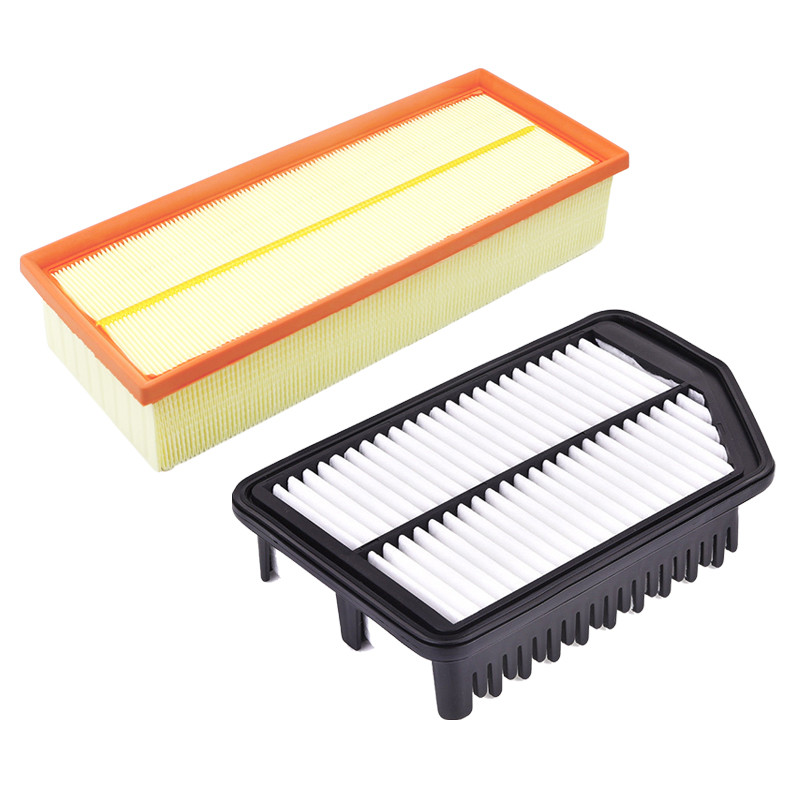The hydraulic filter acts as a barrier against contaminants that can potentially damage the hydraulic system. It prevents debris, dirt, metal particles, and other pollutants from circulating within the fluid and causing harm. However, how to choose a hydraulic filter? Here are some tips as the following:
Determining The Correct Filter Type
Different hydraulic systems necessitate different filter types. It is essential to identify the correct filter type that suits your car's hydraulic system. Factors to consider include the type of hydraulic fluid used, system pressure, and the filtration requirements specified by the vehicle manufacturer. Common filter types include spin-on filters, cartridge filters, and in-line filters.

Evaluating Filtration Efficiency
Filtration efficiency refers to a filter's ability to remove contaminants of various sizes from the hydraulic fluid. It is measured using a micron rating, which indicates the minimum particle size the filter can capture. Higher filtering efficiency is preferred since it results in cleaner hydraulic fluid. To obtain superior filtration and safeguard delicate components, look for filters with a high micron rating.
Considering The Filter Media
The filter media plays a crucial role in capturing contaminants. It can be made of materials such as cellulose, synthetic fibers, or wire mesh. Each filter media type offers different benefits in terms of filtration efficiency, dirt-holding capacity, and resistance to moisture and chemicals. Consider the unique needs of your hydraulic system when selecting a filter and filter material.
Determining The Flow Rate And Pressure
Understanding the flow rate and pressure requirements of your hydraulic system is essential for selecting the right hydraulic filter. The filter should be able to manage the system's flow rate without creating too much pressure loss.

Assessing the Filter Size And Dimensions
The size and dimensions of the hydraulic filter should match the available space within your car's hydraulic system. Ensure that the filter can be easily installed and replaced without any clearance issues. To evaluate compatibility, consider the filter's outer diameter, length, and connection type.
Compatibility With The Vehicle's Make And Model
Automakers may have hydraulic filters made to match their make and model. Check the vehicle manufacturer's guidelines or consult a professional to ensure compatibility between the filter and your car's hydraulic system.
Evaluating The Filter's Service Life
The service life of a hydraulic filter refers to the duration it remains effective before requiring replacement. Consider the filter's capacity to hold contaminants and its dirt-holding capacity. A filter with a longer service life can minimize maintenance frequency and expenses. However, it is essential to monitor the filter's condition regularly and replace it when it reaches its maximum capacity.

Maintenance And Replacement Considerations
Proper maintenance of the hydraulic filter is essential for optimal performance. Regularly inspect the filter for signs of damage or clogging. Additionally, keep a record of filter replacements to guarantee regular maintenance and to prevent using an ineffective filter for an extended period of time.
Ensuring Proper Installation
Correct installation of the hydraulic filter is crucial for its functionality. Follow the manufacturer's instructions and ensure a secure and leak-free connection. Improper installation can result in fluid contamination, lower filtering performance, and significant hydraulic system damage.
Conclusion
Choosing the right car hydraulic filter is crucial for maintaining the performance and longevity of your hydraulic system. Besides, a reliable hydraulic filter supplier can prevent some hassles. COOBELL is one of the famous car filter suppliers in China, offering various car filters of different brand. Browse our website and get more details!


.jpg)
.jpg)
